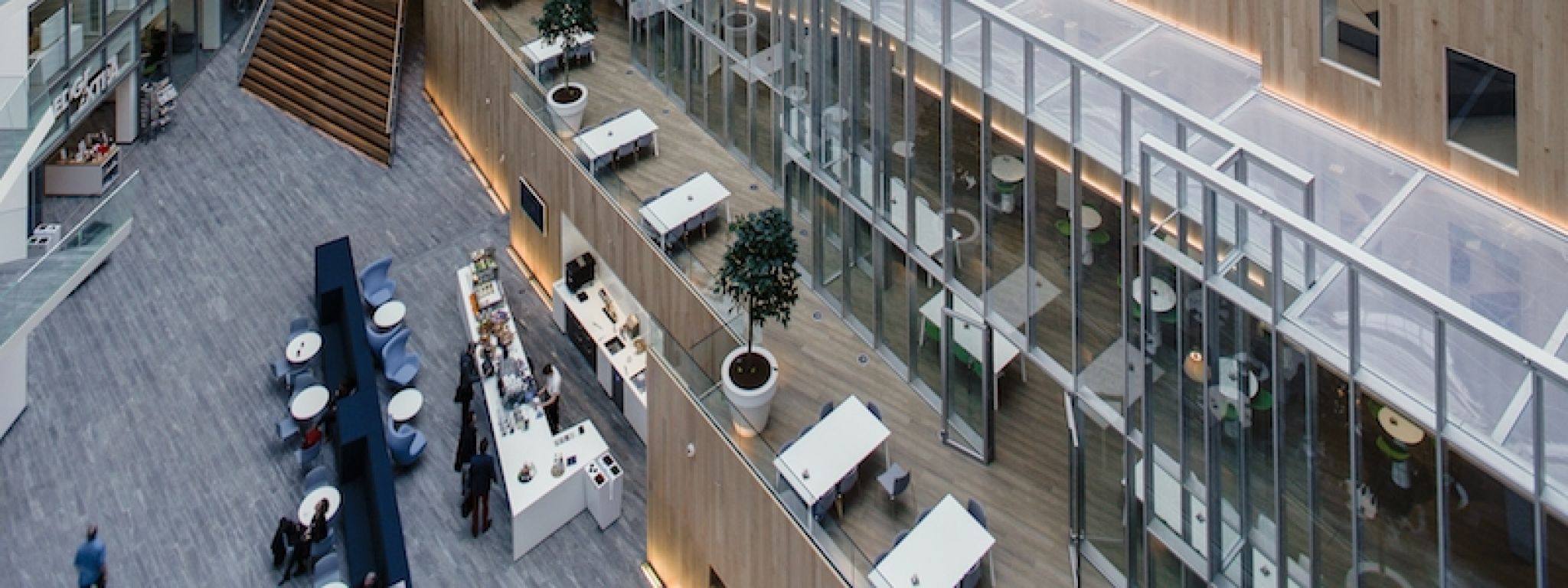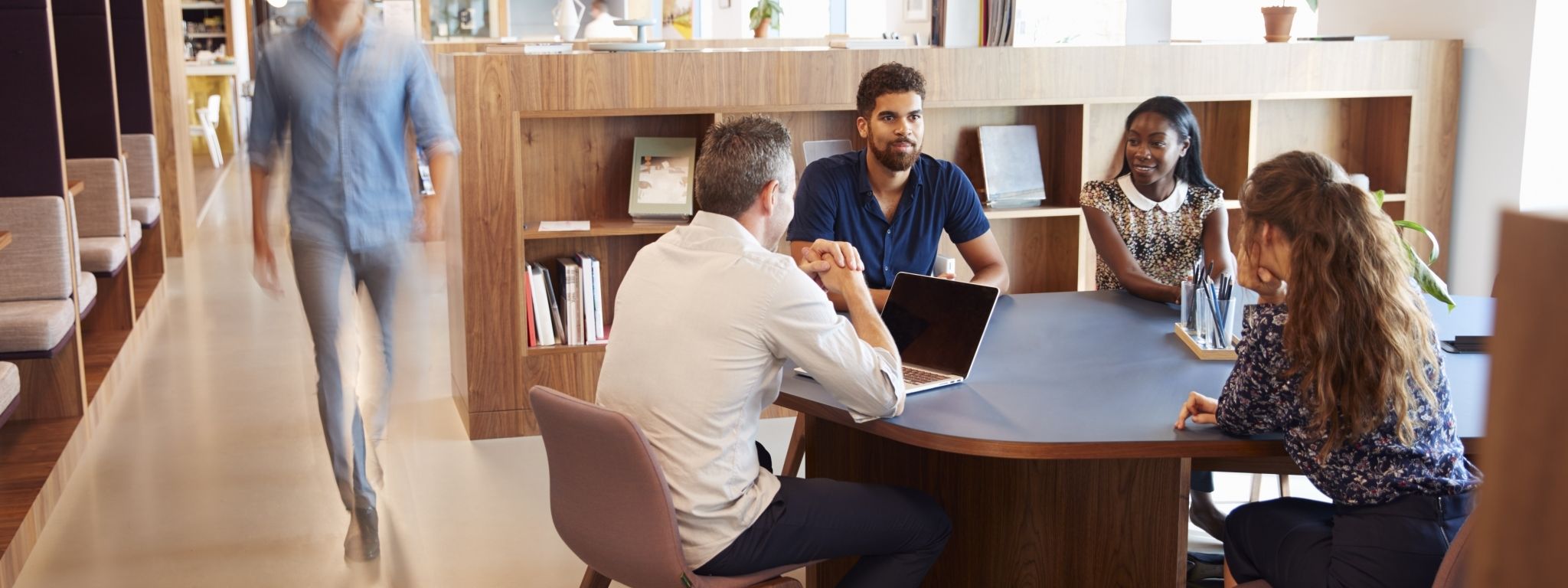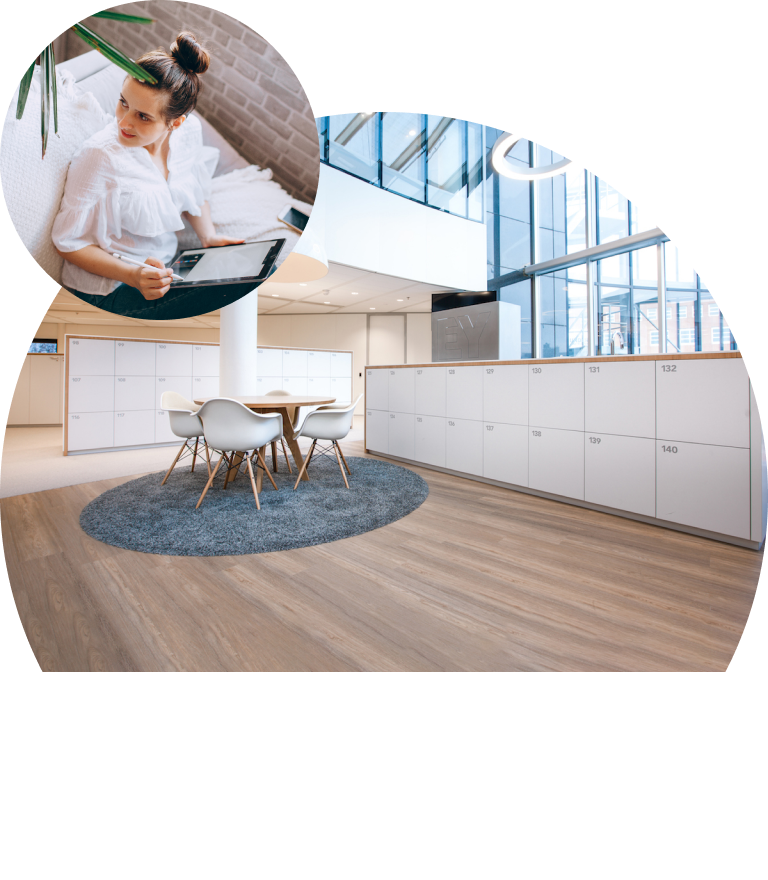The way companies around the globe are responding to the current social distancing and working from home policies, are similar and yet different in their particular ways. One thing all countries and many companies have in common is the lack of a playbook by which they can react adequately and in conformity with all the requirements set by health organisations and their governments. Companies and employers struggle even more as they need to adapt to totally new situations and re-think pivotal business changes, team roles and functions, offices spaces and work cultures all at the same time.
For this blog, we have interviewed one of our allied partners from New Zealand who give us insights into the general working situation in New Zealand and how companies are responding to the Coronavirus.
In the face of the COVID-19 pandemic, New Zealand appears to be one of the few nations following the "elimination strategy" with the goal of completely ending transmission of COVID-19 within its borders. The efficient implementation of the elimination strategy has shown already positive results, however, the lock-down has massive short-term social and economic costs for New Zealand too.
The process of reassessing the implications and short and longterm consequences for companies and real-estate as well for workplace strategies has started. This article is based on the contribution of Jonathan Vidak, Sales Director at Vidak andGareth Brown, Solutions Director at Vidak. Vidak is the allied partner for Vecos in providing smart dynamic locker management solutions for New Zealand and the Pacific Islands.
Can you tell us who you are and about your role within Vidak?
Jonathan Vidak, Sales Director at Vidak. I am responsible for sales and marketing for the company as well as business development through understanding market needs and actively researching all markets to ensure Vidak can provide valuable and innovative solutions to our partners and customers.
What kind of workplace strategy is currently used in New Zealand?
Flexible unassigned working or flexibility within zones in a variety of forms is the most common strategy on recent projects. We very much look for best practice globally, and then with the population size and location to the rest of the world, quickly adapt and create our own version.
We have the ability to be very agile in New Zealand due to our size, so we get a good mix of modern working coming through across all sectors.
What is currently the impact of the coronavirus in New Zealand and especially on workplaces?
Most workplaces are empty. We are on Alert Level 4, which means anyone who is not an essential worker is quarantined at home and any business not supplying essential product or services is closed for a minimum of 4 weeks.
So workplaces are dispersed into people’s homes where they can. Hospitality, most tourism and manufacturing industries have pretty much closed completely.
Working from home has created a need and a great opportunity to connect and collaborate through online tools. In our business, the frequency of connection and collaboration within has actually increased, which has come from the Human need to be connected with one another and set clear tasks and goals.
Managers seem to be are more connected with their teams due to the drop in interruption from the likes of travel, onsite meetings and so on. A lot of internal projects and innovations have been able to have a better focus to be developed and completed.
We have of course got a slowdown, due to the inability to manufacture or deliver projects, but we are managing this well in preparation for the removal of the national restrictions.
How are real estate managers and architects reacting to the current coronavirus situation?
Everyone is conscious of the current and potential effects that COVID-19 is having. From what we see, everyone is looking for and working towards continuing to deliver projects. Although construction has stopped, the design has continued in preparation for when construction and return to work happens.
The whole industry acknowledges that the current global situation is shifting the way we work permanently, proving the ability to be flexible about the place, but also focus on the importance of a commonplace for organisations to improve culture, connect better and collaborate more effectively for decisions and innovation.
Which changes do you think are temporary and which ones will affect for good workplace strategy for future projects?
Everyone working from home is temporary. Organisations will be more open for people to work from home, and workplaces should have a different relevance, which we see as a positive.
We have all learnt quickly we can performing tasks apart, but real innovation always comes when people are together. We hope and predict organisations will look at their workplaces as hubs for innovation.
We hope for reduced emailing from our organisation as a result of how we have learnt to communicate better from a distance. Therefore workplaces will need even better technology integration and tools to support this “new way of working”.
People should be more adaptable to a flexible workplace and be keener to take the opportunity to be mobile and move throughout the day.
Ergonomics in more furniture will become more important as people have had to work in a variety of less than ideal settings over the quarantine time. We see this as an opportunity to provide better solutions that enable people to work comfortably and more easily connect and disconnect.
How is remote working and working-from-home affecting companies in your region? And how are companies responding to this?
For us and the organisation we work with, it is working really well from what we have experienced. The majority of People are staying connected. Coffee catch-ups have continued (albeit online), as have workplace drinks. Managers are connecting with their teams more, and in a lot of cases better.
In our industry, the biggest impact is the inability to deliver projects and manufacture. This does affect the company’s revenue heavily, as well as their real-estate strategies.
In industries such as manufacturing (non-essential) hospitality and tourism, sadly most people are unable to work from home. This has an instant and will have long term negative effects on these industries.
The positive is New Zealand's government is supporting all businesses financially to enable staff to continue to be paid. Our Company and organisations we are working with are focusing on what they can do, and getting ready to be back to delivering to the market again.
Will the corona crisis accelerate the implementation of a flexible workplace strategy?
It will shine a light of the important parts of flexible working, not just less desks, but the ability to space yourself out, use different spaces for different functions and more work on connecting with people virtually as well as physically in space.
What tips do you have for (team) leaders managing this period of a remote working?
- Be available for your people, and be proactive about connecting with them. This is a real connection, not emails, but calls and video calls. There is a lot of uncertainty over this time, and it is important to keep your people busy and focussed.
- Set your expectations and
- Trust them, help them achieve their goals and tasks by providing them support, connecting them with others and touching base to see progress.
- We have also been having a lot of fun. Video posts, chat groups, online work drinks, competitions, work out-groups.




